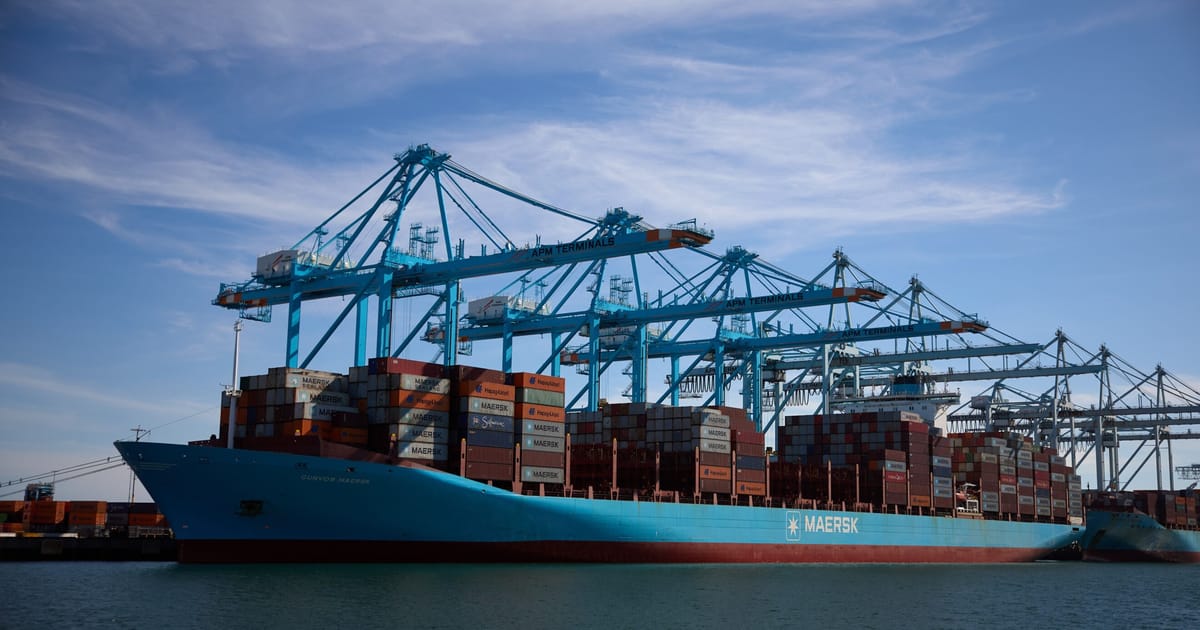

Amid the ever-evolving tapestry of global relations, recent developments highlight significant interactions and strategic adjustments among major players on the world stage. The intricate balance between diplomacy, trade, and geopolitical influence is more evident than ever, illustrating the intricate interconnectedness of nations.
In a noteworthy address, European Commission President Ursula von der Leyen emphasized the European Union’s growing concerns regarding its trade relationship with China. The EU’s primary focus is on encouraging a rebalanced economic partnership that ensures mutual benefits. Von der Leyen conveyed that without substantial progress, maintaining open markets could prove challenging, shedding light on the need for reshaping trade dynamics. Her comments underscore the EU’s commitment to pursuing equitable and sustainable trade practices, while underscoring its determination to navigate the complexities of global commerce prudently.
Australia, too, is recalibrating its diplomatic stance with China, as reflected in former Prime Minister Scott Morrison’s recent testimony before a US congressional committee. Morrison cautioned against complacency in addressing security threats posed by China, especially in light of its strategic maneuvering following his departure from office. His statements resonate with a broader discourse on maintaining vigilance and reinforcing strategic alliances to uphold a balanced international order, echoing the sentiments of nations mindful of their role in ensuring regional stability.
Across the globe, the themes of cooperation and strategic realignment continue to unfold as India and the UK finalize a landmark trade agreement. This historic pact, forged amidst prevalent global trade tensions, marks a significant milestone for both nations. Britain’s optimism for a post-Brexit economic rejuvenation pairs seamlessly with India’s vision of expanding its global economic footprint. The agreement promises to stimulate key industries like car manufacturing and whisky production in the UK, while India gains favorable visa concessions. The partnership embodies a spirit of mutual growth and collaboration, addressing the needs of a shifting economic landscape.
Amidst these trade negotiations and diplomatic endeavors, Portugal’s Prime Minister António Costa made a poignant appeal to China, urging it to leverage its influence to foster peace in Ukraine. Costa echoed the EU’s collective concerns regarding China’s support for Russia, advocating for an active role in conflict resolution. His appeal highlights the potential for diplomacy to steer global affairs towards peace and cooperation, once again emphasizing the significance of international dialogue in addressing pressing global challenges.
In reflection, the current state of international relations is marked by sincere diplomatic dialogues, strategic partnerships, and calls for equitable trade practices. Whether it is the EU’s constructive engagement with China, Australia’s cautious approach to security, the robust Indo-UK trade pact, or Portugal’s advocacy for peace, these narratives collectively paint a picture of a world striving for balance, stability, and prosperity. These developments serve as testament to the enduring importance of diplomacy and collaboration in crafting a harmonious global community. As the world progresses, such initiatives will undoubtedly shape the contours of global trade and politics, bearing witness to the resilient spirit of diplomacy and the shared aspirations of nations.
Source: {link}
